Ever noticed that there are holes in the leaves of your croton plants? If you have, then you might be wondering why they’re there. It’s a good question and one that has been researched for many years. There are two general theories about what causes these holes to form on the leaves of this plant. Let’s inspect both…
Why Are There Holes In My Croton Leaves?
The most likely reason for holes in your croton leaves is because of leaf-eating insects. There are two main types of insects that can cause this type of damage – aphids and mealybugs.
Aphids are small green or black bugs with long tails, while mealybugs look like tiny pieces of cotton stuck to the leaves. Both feed on sap from your plant which is why holes in the leaves usually happen near where new shoots emerge from older stems.
Leaf spot disease is another possible cause of holes in croton leaves. This disease can be identified by circular spots with dark, reddish-brown borders growing on the lower surface of leaves.
How To Prevent Holes in Croton Leaves?
Neem oil is a natural pesticide that can be used to treat plants infested with aphids and mealybugs. Horticultural oil is another option for controlling pests, but it works best during the winter months when temperatures are below 60 degrees Fahrenheit (15°C).
If you suspect leaf spot disease as a cause of holes in croton leaves, then neem oil (amazon link) can help control this condition as well. You should also avoid overhead watering which helps prevent leaf spots from becoming an issue.
Quick Care Guide
The best conditions are bright light with at least four hours of direct sunlight each day, moderate humidity levels (around 50 percent), and temperatures between 65 and 80 degrees Fahrenheit (18-27°C).
Crotons are plants that like a hot of water and humidity, otherwise the croton leaves will droop. It’s important not to overwater your plant but also make sure the soil drains easily – never let it sit in water or allow its crown to be covered by standing water.
Make sure you use potting mixes that contain plenty of peat moss as this will promote good drainage. If there is still an issue with holes forming on new shoots then consider applying neem oil once or
When it comes to fertilizer, you should only use liquid fertilizers diluted to half strength once every two weeks during the spring and summer.
I keep my croton plant in my entryway where it gets plenty of bright light but also has the ability to dry out quickly. It’s also an area where pests struggle to get to!
Conclusion
In conclusion, holes in your croton leaves are most likely caused by leaf-eating insects or leaf spot disease. Either way, the best first step for preventing them is to use neem oil as a natural pesticide, which will kill off pests and prevent outbreaks of fungus on new leaves.
Tim is an avid gardener from the UK. He was the founder of PlantCarer.com from 2021 to Sep 2023. He sold PlantCarer.com to Aaron. He has since started his own business called Seed To Supper, which provides new gardeners all the materials you need in a box (pots, seeds, compost and instructions) to grow your own delicious and nutritious vegetables and herbs from start to finish – no garden required.



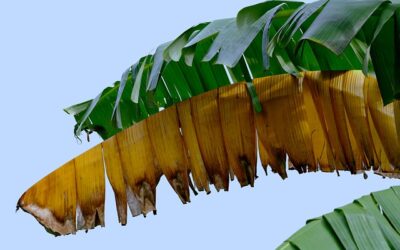

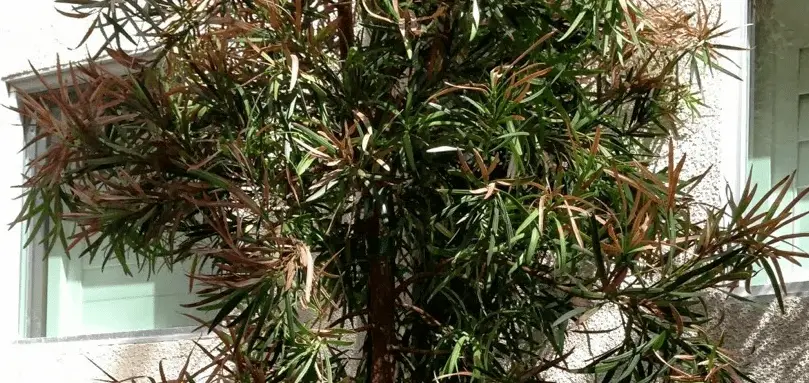
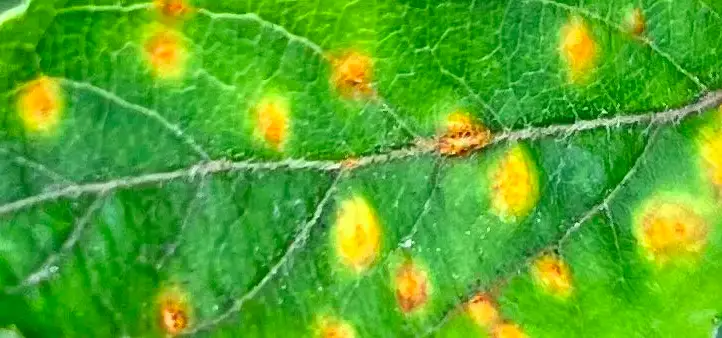
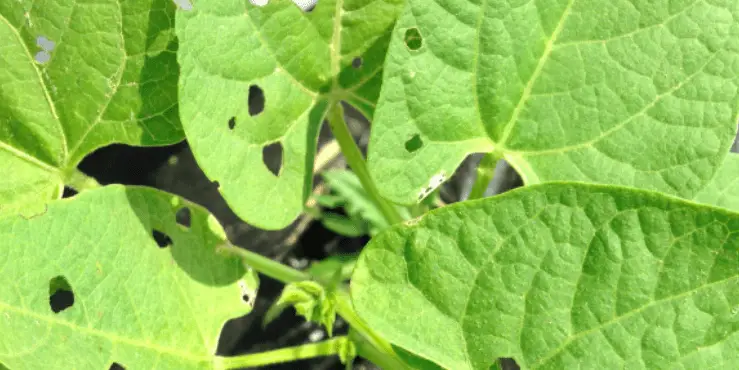
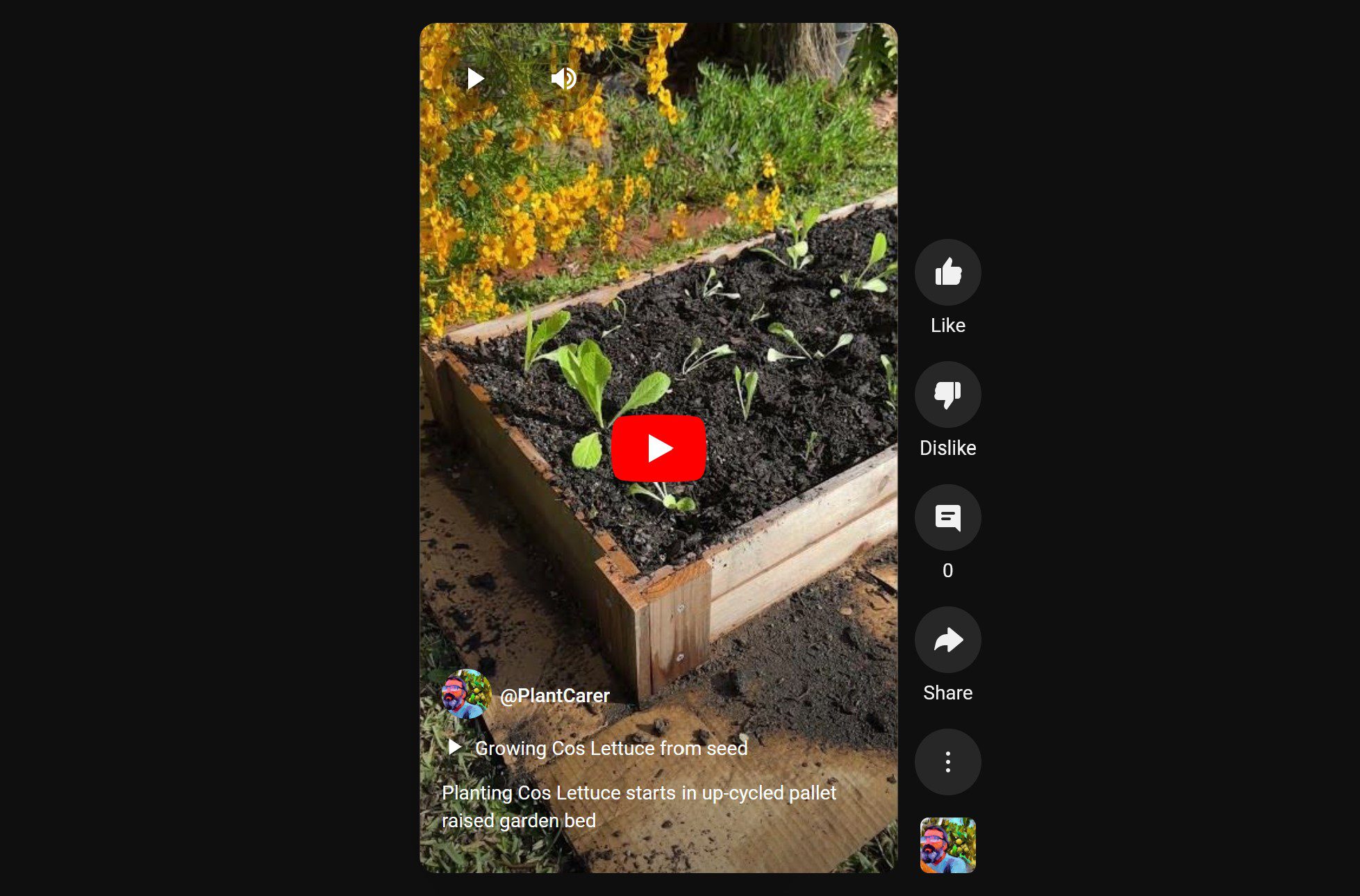
0 Comments